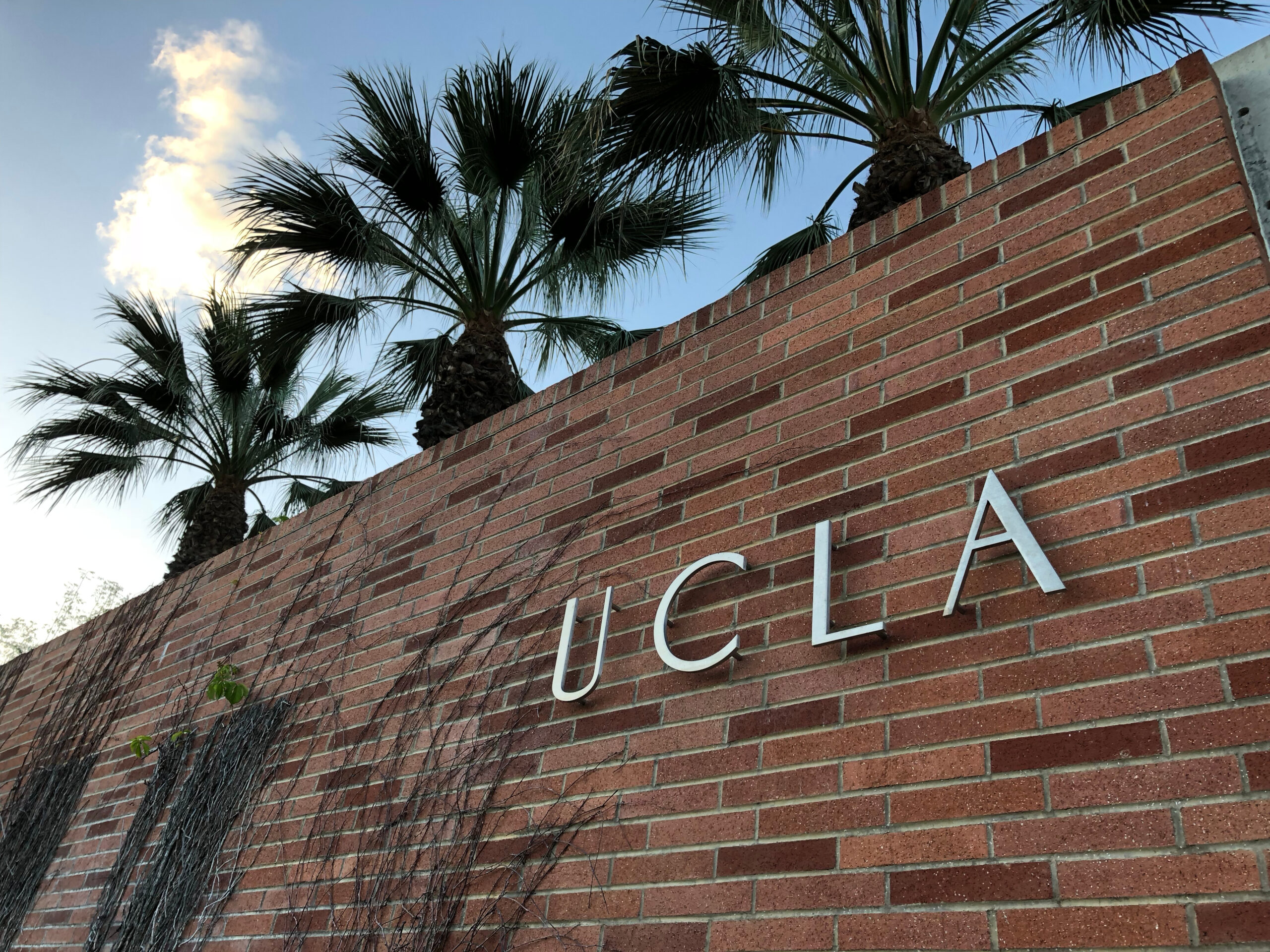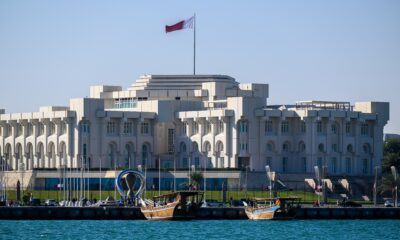Maya FASTS for Gaza – UCLA Faces BACKLASH

A UCLA student’s hunger strike against alleged university support for Israel has ignited debates about campus activism and effective protests amid escalating Middle East tensions.
At a Glance
- A Palestinian UCLA student named Maya has been on hunger strike since May 10, protesting what she calls the university’s involvement in “her people’s genocide”
- The hunger strike coincides with similar actions across California State University campuses that began May 5
- Protesters demand universities divest from companies linked to Israel and weapons manufacturers
- UCLA has become a center of protest activity, with attempts to establish encampments for “Nakba Day” commemorations
- University officials have removed demonstrators while stating support for free speech rights
Hunger Strike Spreads Across California Campuses
Approximately two dozen California State University students initiated hunger strikes earlier this month to protest Israel’s aid blockade in Gaza. The demonstrations, which began on May 5, include participants from San Jose State, Sacramento State, San Francisco State, and CSU Long Beach campuses. Organized by Students for Justice in Palestine, the protest movement seeks to pressure the university system to divest from weapons manufacturers and companies with ties to Israel’s military operations.
Max Flynt, a student at San Francisco State University participating in the hunger strike, has helped coordinate daily activities on campus including educational workshops and health monitoring for strikers. The protest has drawn support from some faculty members, with regular health checks being conducted to monitor the condition of hunger strikers who are consuming only water, salt, and some electrolytes.
UCLA Student Takes Center Stage
At UCLA, a Palestinian student identified as Maya has become the focus of attention after beginning her own hunger strike on May 10. She claims the university has invested “billions on genocide and apartheid,” apparently referring to university investments in companies connected to Israel. Her protest includes demands that extend beyond Middle East politics, including calls for the university to protect illegal aliens on campus.
“We, the students of San Francisco, Sacramento, Long Beach, and San Jose State Universities, are beginning a united hunger strike in solidarity with the two million Palestinians at risk of starvation in Gaza.”, Students for Justice in Palestine wrote in a press release.
Maya’s hunger strike coincided with attempts by activists to establish an encampment on UCLA’s campus in observance of “Nakba Day,” which commemorates the displacement of Palestinians during Israel’s founding in 1948. Protesters attempted to create symbolic representations of Palestinian territories using cardboard structures and an orange tree in the university’s Dixon Quad, but campus authorities ultimately removed the demonstrators.
Universities Respond to Protest Demands
The California State University system’s director of media relations has stated that while the university supports students’ right to protest, it does not intend to change its investment policies in response to the demonstrations. This stance has frustrated activists who point to specific corporate partnerships they want terminated, such as CSU Long Beach’s relationship with Boeing, which protestors cite as manufacturing weapons used in the Gaza conflict.
“Many of the forms of protests that were used last year, specifically the encampments, have become effectively illegal in the United States.”, said Max Flynt, an undergraduate student at San Francisco State University.
Some universities in the CSU system, including Sacramento State and San Francisco State, have reportedly begun divestment efforts, though questions remain about the implementation and scope of these actions. Protestors are advocating for adoption of San Francisco State University’s Human Rights IPS Screening process across all campuses to prevent investment in companies they believe contribute to human rights violations.
Debate Over Protest Effectiveness
The hunger strikes and associated demonstrations have sparked debate about the effectiveness of such tactics. Critics have questioned why students continue to attend and pay tuition to institutions they publicly condemn, suggesting a contradiction in their approach. Others note that the crackdown on encampments has forced protesters to find alternative methods of demonstration, with international students particularly vulnerable to consequences for participation.
Sacramento State professor Jaime Jackson has highlighted what he sees as the symbolic connection between the students’ hunger strike and conditions in Gaza, where humanitarian organizations have warned of widespread hunger due to restrictions on aid. The hunger strike occurs against a backdrop of international criticism of Israel’s aid policies in Gaza, which have been in place for over two months.
























